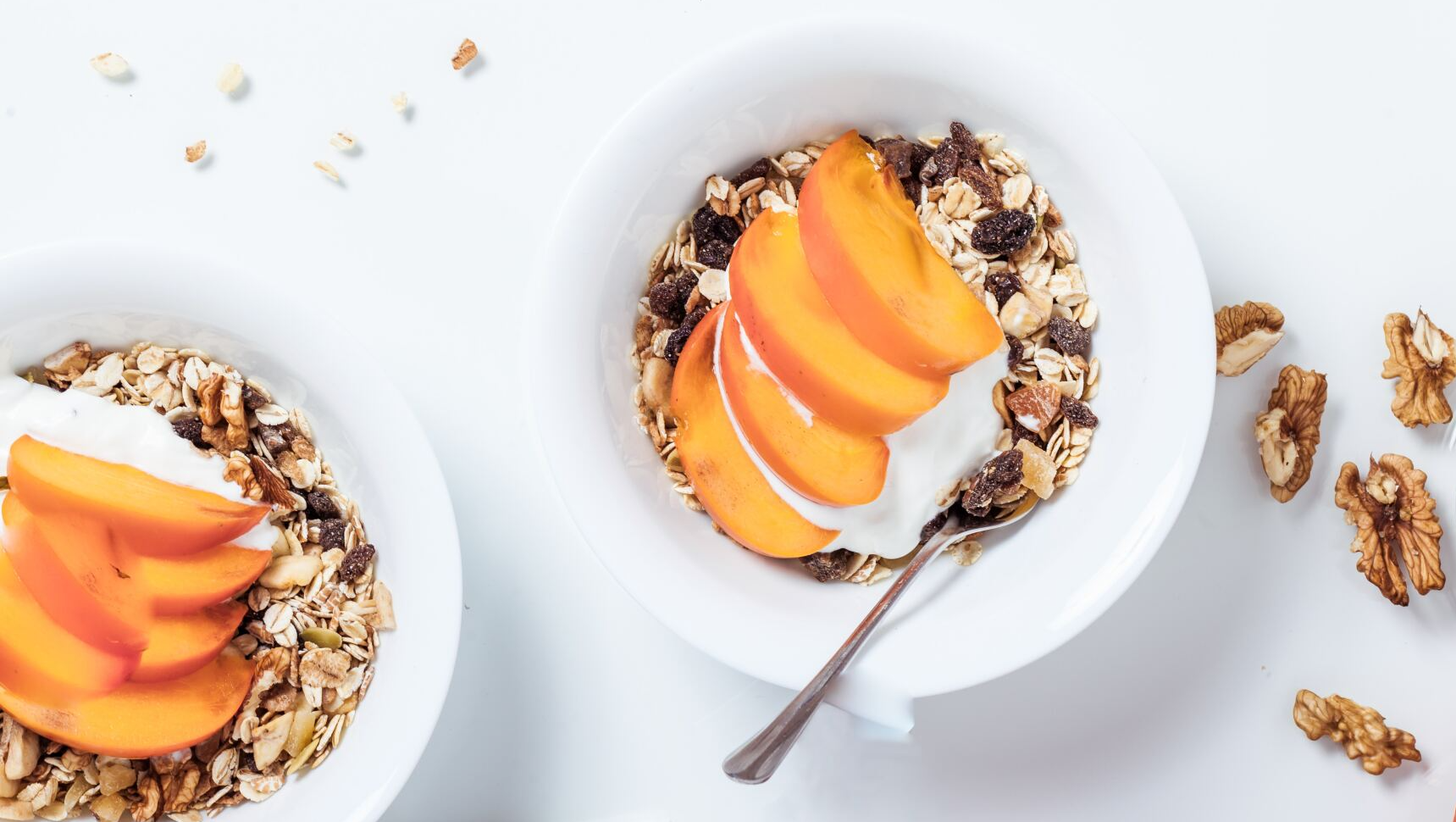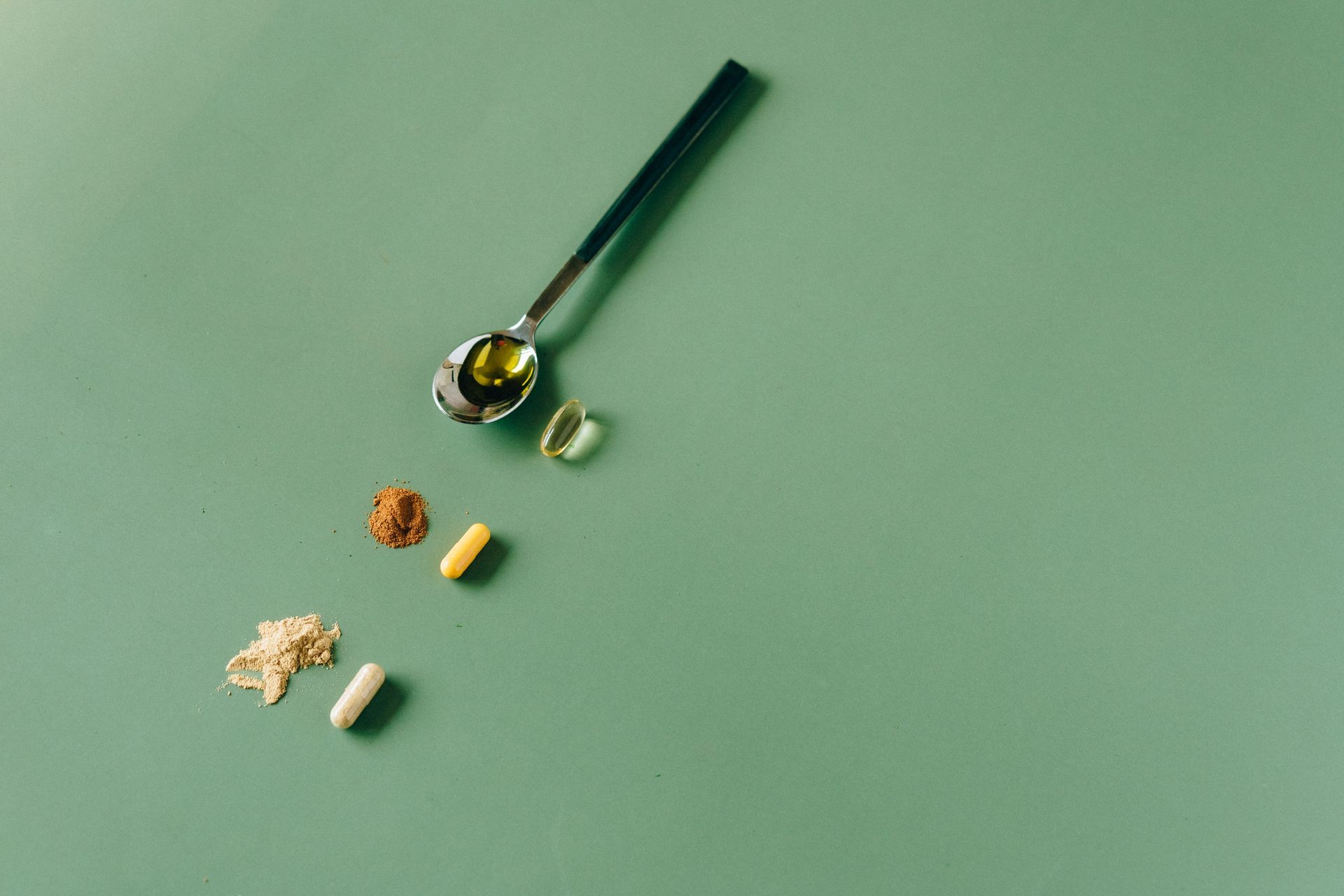Why is gut health important?
Always trust your gut!
Because it really matters. Gut health is more than just healthy digestion. Our gut controls many systems and research is starting to show just how much it matters for overall health.

At some point in life, it is common to experience indigestion and occasional bloating. This is nothing to worry about, however once an imbalance in the gut microbiome persists, it can lead to chronic problems. Gut health is becoming more important as we start to understand the many systems it influences. Unfortunately, our lifestyle is not the most favorable for keeping gut health in balance, which is why we are starting to see more and more people who struggle with the consequences of microbial imbalances.
Why is gut health important?
A healthy gut contributes to many systems in the body. In addition to good bacteria, the gut microbiota contains metabolically active cells. It is impossible to tell exactly what a healthy gut looks like, as it is different for each individual. Our gut microbiome is like a fingerprint - unique and impossible to reproduce. However, we do know how a healthy gut contributes to overall physical and mental health.
Immunity
Some sources say that up to 80 per cent of our immune system could reside in the gut. Immune cells found in the gut spend their lives excreting large amounts of antibodies into the gut, protecting us agains infections. They also create a barrier, so harmful organisms can't get inside.
New research suggests that some autoimmune disorders could have their root in microbial imbalances because the relationship between gut and immune system is bidirectional. This means that chronic inflammation can result in intestinal diseases and when the gut is healthy, it helps keep the immune system strong.
Metabolism
A healthy digestive system can also increase energy and improve absorption of nutrients. There are endocrine cells in the gut that make hormones. These cells are believed to be the largest endocrine organ in the body. This matters because the release of hormones in the gut significantly contributes to key metabolic processes such as insulin sensitivity, glucose tolerance, fat storage, and appetite.
The release of these hormones is influenced by the health of our gut - when an imbalance occurs, the processes can’t run smoothly. This is why researchers are now looking at a possible connection between metabolic disorders such as obesity, type 2 diabetes, or hypertension and the gut.
Mood
About 95 per cent of serotonin is made in the gut. Serotonin is a hormone that is well known for improving mood but it does more. It enables the nervous system to communicate with other cells in the body and helps improve sleeping, control appetite, or reduce anxiety.
When we experience chronic inflammation and stress, the gut produces defensive cells which can disrupt the brain-gut relationship and make people more vulnerable to anxiety and depression. This is believed to be the reason why people with chronic gastrointestinal disorders such as Crohn's disease or ulcerative colitis are also more likely to experience anxiety and depression.
Weight
By way of all of the above, gut health is also tightly connected to body weight regulation. For example, when the metabolic processes that the gut is responsible for are disturbed, excess fat will be stored and the metabolism will function less efficiently. Likewise, decreased serotonin may lead to extreme food cravings and depression which in itself makes it harder to engage in healthy behaviors.
What causes microbial imbalances?
I talked a lot about a balanced or imbalanced microbial flora. But what does this even mean and how do you know something is up? We are born with a unique flora that varies with changes in the diet. Changes could be good and natural but sometimes the changes that occur in response to our environment cause problems.
Unfavorable alterations in the microbial composition can be due to a diet high in processed food and sugar, excessive alcohol, antibiotic therapy, or high levels of stress. In some cases, imbalances occur due to pre-existing genetic factors.
How can I keep my gut healthy?
If you think taking probiotics is the answer, keep on reading. Probiotic supplements are a big trend, but unfortunately they are another one of those expensive promises that do very little. The American Gastrointestinal Association actually advises agains routine intake of probiotics. In some cases, they could do more harm than good. Unless you were prescribed a probiotic supplement, I suggest you try balancing your gut with a healthy diet. Here are ways to keep the gut happy:
Stress Less
We now know that stress can wreck havoc on the gut. Therefore, finding ways to manage and reduce stress is the first line of defense against microbial imbalances. Also try to sleep enough as this is the time when systems can reboot and recover.
Eat probiotics
The fungi and bacteria are found in a variety of foods. It’s not just sauerkraut, some other great sources of probiotics include tempeh, olives, pickles, many cheeses (such as mozzarella), yogurt, kefir, or kimchi. I don’t recommend kombucha unless you make it yourself, as it usually is simply soda with bacteria and the harm outweighs the small benefit it may have. It’s like drinking wine for antioxidants.
Don’t forget the prebiotics
We all know about probiotics but prebiotics are just as important. They are indigestible fibers that the bacteria use as food to grow. Many foods contain these fibers and some of the best sources are foods you are probably eating already: bananas, oatmeal, whole wheat, asparagus, garlic, or artichokes.
Anti-inflammatory foods
Anti-inflammatory foods are those that are rich in antioxidants and phytochemicals that protect the immune system by reducing oxidative stress. These foods can potentially improve immune functions therefore supporting gut health.
Everything in moderation
They key to a healthy gut is a diverse diet. Eating the same foods all the time, even if they are healthy, will not keep the gut happy. Just as much as a little bit of sugar and alcohol will not instantly mess up your gut.
The bottom line
Is that the gut is truly amazing and has functions far beyond helping us digest food. We still don’t know a lot about it, but what we do know, makes it worth to take care of the system.
Luckily keeping the gut healthy is not as hard as it may seem. Eat a balanced diet with sources of pro and prebiotics, include foods rich in antioxidants, try to manage stress levels and sleep well. Avoid excess sugar, alcohol, and foods that increase inflammation.
Sources
- The Influence of the Gut Microbiome on Host Metabolism Through the Regulation of Gut Hormone Release
- That gut feeling
- Part 1: The Human Gut Microbiome in Health and Disease
- Gut Health and the Immune Response
- AGA Clinical Practice Guidelines on the Role of Probiotics in the Management of Gastrointestinal Disorders
- Immunity in the Gut
- Interaction between microbiota and immunity in health and disease
Researched by Balbina Herrera specifically for Happea Nutrition. Written by Paula Doebrich.
Share this



